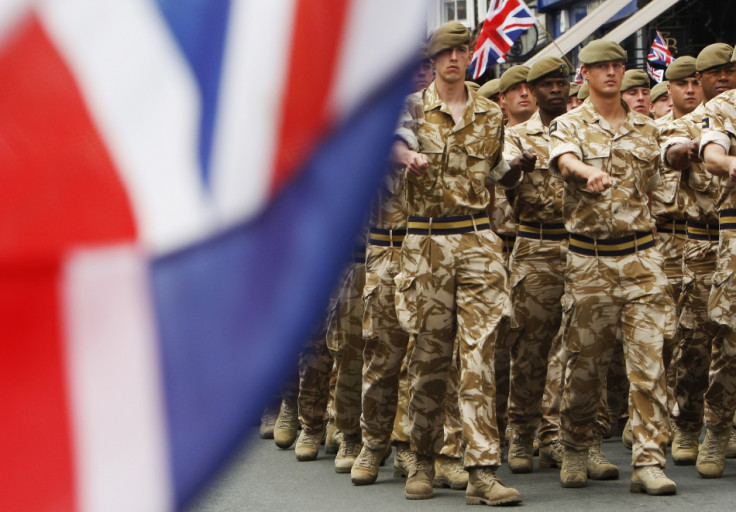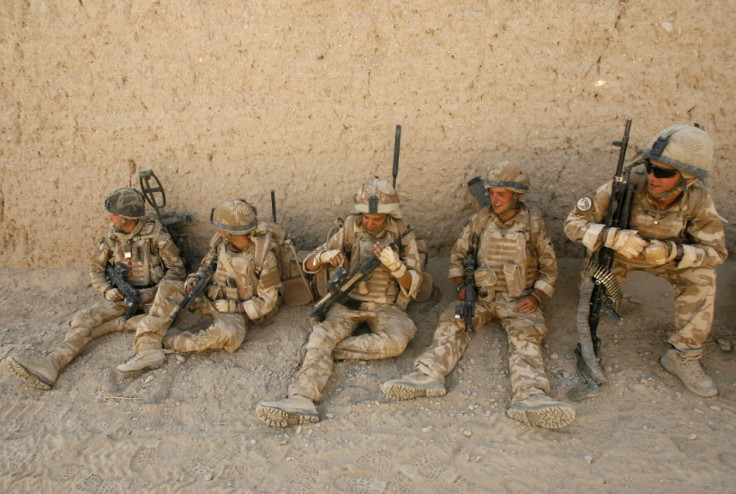UK Servicemen ‘More Likely to Commit Violent Crimes’

Male military personnel are far more likely to commit a violent crime than men in the general population.
Researchers at King's College London found that 20.6 percent of servicemen under the age of 30 had a conviction for violent offences.
In comparison, 6.7 percent of men in the general population had been convicted for crimes on the same scale.
The study looked at 13,856 randomly selected serving and ex-serving military personnel and linked them with national criminal records.
They were looking to assess the impact of deployment, combat exposure and the effect of post-deployment mental health problems on their post-army offending behaviour.
Study leader Deirdre MacManus said: "There has been a lot of media coverage and public debate about violence committed by veterans of the conflicts in Iraq and Afghanistan.
"Our study, which used official criminal records, found that violent offending was most common among young men from the lower ranks of the Army and was strongly associated with a history of violent offending before joining the military.
"Serving in a combat role and traumatic experiences on deployment also increased the risk of violent behaviour."
In total, 17 percent of male service personnel had a criminal record. While overall lifetime offending - including theft and assault - was lower among military men, violent offending was above that of the general population.

Researchers say risk factors which draw servicemen towards violent crime include having a pre-military history of violence, being of a lower rank, a younger age and witnessing a traumatic event on deployment.
Men who had direct combat exposure were 53 percent more likely to commit a violent crime than those serving in a non-combat roll.
The study found alcohol misuse, post-traumatic stress disorder and high levels of self-reported aggressive behaviour after they returned from duty increased the risk of violent offending.
"The findings provide information that can enable better violence risk assessment in serving and ex-serving military personnel," MacManus said.
"They draw attention to the role of mental health problems and the potential effect that appropriate management of alcohol misuse, post-traumatic stress disorder, especially hyperarousal symptoms, and aggressive behaviour could have in reducing the risk of violence."
David Forbes, director of the Australian Centre for Posttraumatic Mental Health, University of Melbourne, Australia, added: "[The findings] draw attention to the need for a more concerted effort to understand the specific mechanisms that affect how the experiences of combat can enhance risk of violence after deployment.
"By understanding these factors, we might develop more informed prevention and intervention programmes for troops as they reintegrate into civilian life."
© Copyright IBTimes 2025. All rights reserved.






















